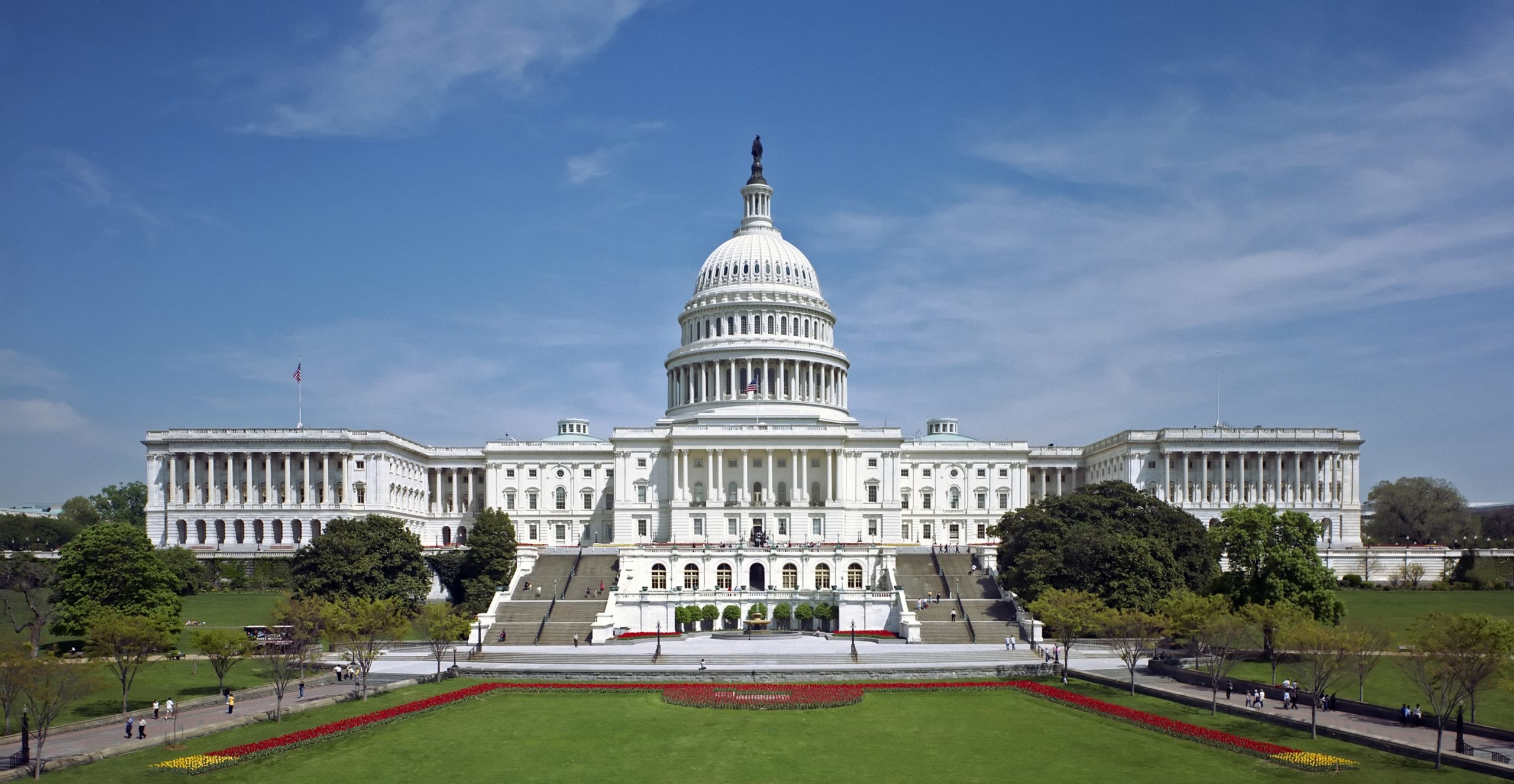Abortion rights, women of color, and LGBTQIA+ people are under attack. Pledge to join us in fighting for gender justice.
Update: Responses to Coronavirus–Women and Families Need More
 I want to start by thanking all the health care workers, homeless shelter workers, child care providers, workers and volunteers feeding the country, and everyone risking their health working to mitigate the health and economic impacts of COVID-19. I hope you know how grateful we are and also hope you are able to take care of your own health and well-being.
I want to start by thanking all the health care workers, homeless shelter workers, child care providers, workers and volunteers feeding the country, and everyone risking their health working to mitigate the health and economic impacts of COVID-19. I hope you know how grateful we are and also hope you are able to take care of your own health and well-being.
While the news of people in our communities losing their jobs, becoming ill, or shuttering their businesses can feel overwhelming, some progress has been made in responding to the COVID-19 pandemic over the past week. Here are some important policy updates for women and families:
- Families First Coronavirus Response Act: Wednesday, the Senate finally passed, and the president signed, the Families First Coronavirus Response Act (FFCRA). This compromise bill is a first move in providing governmentwide economic assistance to respond to this crisis, providing emergency paid sick days for some workers (but not enough), more paid leave for self-care or caregiving related to COVID-19, free COVID-19 testing, and additional funding for nutrition assistance. It also provides funding to states for unemployment insurance and public health investments.
- SNAP: Last Friday, a federal judge blocked a rule that, even before the COVID-19 outbreak, would have taken Supplemental Nutrition Assistance Program (SNAP) food assistance away from about 700,000 people because of harsh time limits. This draconian rule would have harmed women, particularly low-paid workers, women of color, and survivors of domestic violence or sexual harassment. The judge in the case noted that, because of COVID-19, even more workers would struggle to secure enough hours of work to meet the harsh requirements. The judge also cited the over 100,000 comments submitted—so a huge thank you to everyone who raised their voice in opposition. The FFCRA also temporarily suspends the time limits for the duration of the COVID-19 emergency, which is critical in light of the administration’s recent decision to appeal the judge’s decision.
- Housing: Several states and localities have declared moratoriums on evictions and utility shut-offs. The administration issued a moratorium on evictions and foreclosures for government-backed loans. This is critical so women who lose their paychecks or their jobs because of COVID-19 don’t also lose their housing.
These actions are only the beginning. More needs to happen to help women and families meet basic needs in this crisis. We’re fighting hard for the economic security of ALL women and families.
As Congress works on a third legislative package to respond to COVID-19 and mitigate its economic impacts, we’re pushing to make sure the needs of women and families are front and center.
Our priorities include:
- Protecting front–line workers including health care, child care, and other workers whose work is critical to our public health—many of whom are women;
- Getting income to families now to mitigate widespread economic hardship and stabilize the economy; and
- Stabilizing state governments and ensuring they have the tools to provide health coverage, continue essential services, and prevent layoffs.
Here’s a deeper dive on these and other policy proposals.
We are also working with coalition partners to make sure the Trump administration focuses on mitigating the economic fallout from COVID-19, rather than writing or releasing new regulations that would take SNAP, school meals, housing assistance, disability benefits, or health care away from women and families.
A lot is changing daily and even hourly. Follow along with NWLC’s efforts by checking for blog updates, following @nwlc on Twitter, and joining our email list to learn how you can raise your voice to policymakers.
Click here to learn more about ways you can protect yourself and others from coronavirus.





